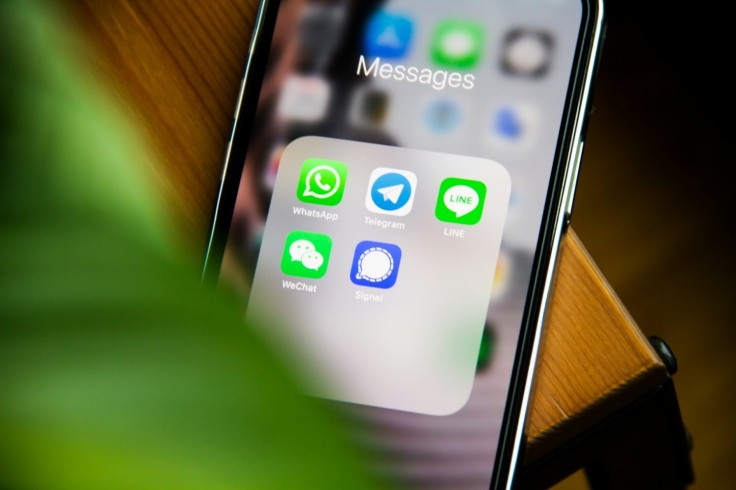Apple has given its approval for the release of a new WeChat update, designed for the iPhone 16, potentially easing the tension between the Cupertino giant and Tencent, the company behind the messaging platform.
Early reports say that the two tech titans have already an agreement discussing revenue-sharing deals from the mini-games program of WeChat.
Resolving Revenue-Sharing Disputes

With WeChat being one of the most critical apps in China, Apple's decision to give the update green light for its new iPhones is a business move to ensure Apple stays strong in the country and also put rumors about Apple and Tencent's souring relationship at ease. It also underscores how important it is for Apple to keep WeChat on its iPhone products if it wants to do well in China, where WeChat is used for everything from messaging to making payments.
As per Bloomberg, Tencent's Chief Strategy Officer James Mitchell, recently confirmed that they are indeed negotiating with Apple about a revenue-sharing deal.
The discussions are centered around allowing Tencent to process payments in WeChat mini-games through Apple's payment system. Should the two come to an agreement it could solve the one major issue between them, which frankly has put a strain on their relationship.
With a user base of nearly 1.4 billion people in China, WeChat is more than just a messaging app - it's the easiest way for people to pay bills, book tickets, and more, many of which are exempt from Apple's App Store fees.
Since developers have to go through Apple's payment system and accept the revenue cut, the iPad maker's rules still do govern in cases including entertainment offerings to the tune of mini-games and in-app purchases.
It's no wonder that the mini-games in WeChat amassed a lot of attention and devs look for several ways for monetization of their creations.
'Steering' Techniques Outside Apple's Ecosystem
Many have adopted "steering" techniques, where players are prompted to transact outside of Apple's ecosystem to bypass the App Store taxes. Apple has been at odds with developers on this front as such mechanics are seen as a breach of its platform guidelines.
According to MacRumors, Apple has been steadily ramping up pressure on Tencent to address the issue, as the iPhone maker looks to guarantee payments for all in-app purchases made within mini-games run through its own system. That secures Apple's cut of such transactions and also imposes a level of standardization on app store payments.
Apple's crackdown on in-app purchases is not limited to Tencent. The company has also contacted the makers of TikTok, Beijing-based firm ByteDance, about how users are encouraged to spend money within that app as well.
However, if Apple starts clamping down too hard it runs the risk of upsetting influential content creators in China - a country where it is now under attack and Alipay, WeChat Pay, and Huawei's WePay are all beating Apple Pay.
Apple owns a large percentage of the U.S. smartphone market, but China's not buying: it didn't even make the top five list in the last quarter.
This has been made more difficult by a 6.5% drop in revenue in Greater China for the June quarter, highlighting the increasing competition it will face from technology companies like Tencent that control online content locally.
© Copyright 2026 Mobile & Apps, All rights reserved. Do not reproduce without permission.













